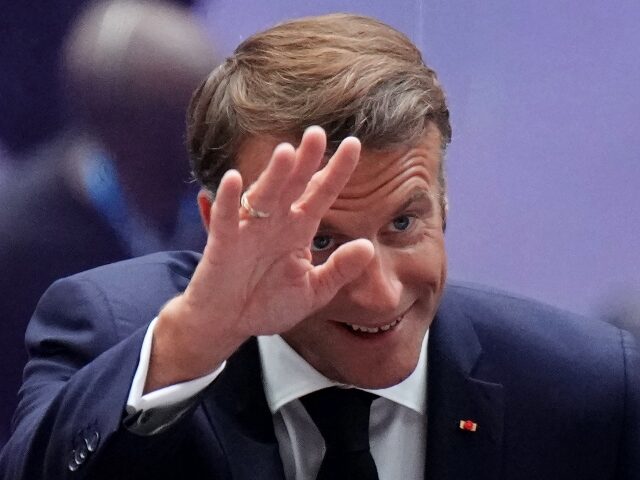Pavel Durov, the founder of the popular messaging app Telegram, has found himself in the crosshairs of multiple governments, even as some have attempted to court him.
The Wall Street Journal reports that Pavel Durov, the Russian-born founder of the encrypted messaging app Telegram, was recently detained and placed in a holding cell at Paris’s Charles de Gaulle Airport. However, just six years ago in 2018, Durov was invited to lunch with French President Emmanuel Macron at the Élysée Palace. During that meeting, Macron had sought to persuade Durov to move Telegram’s operations to Paris and even discussed the possibility of granting Durov French citizenship. The lunch was seen as a charm offensive by Macron, who was eager to attract tech talent to France.
However, the recent detention of Durov has raised questions about the motives behind the move and the broader implications for privacy and security in the digital age. French authorities have expressed concerns about the potential spread of misinformation, antisemitism, racism, and illegal commerce on platforms like Telegram. They argue that Telegram’s refusal to cooperate with government requests for user data and its end-to-end encryption make it a haven for criminal activity. However, some citizens worry that these claims are merely a pretext for governments to censor dissenting views and oppress their citizens.
Durov has always had a complex relationship with world governments; a year before his lunch with Macron, his phone was reportedly hacked by French and United Arab Emirates (UAE) spies. According to a report by the French newspaper Le Monde, the hacking was carried out using Pegasus, a powerful spyware tool developed by the Israeli company NSO Group.
Dmitry Peskov, a Kremlin spokesman, told reporters that the case could be considered political and a direct attempt to restrict freedom of communication if France fails to present serious evidence of Durov’s guilt. Peskov added that the Kremlin hopes Durov receives an apology and is allowed to walk free. The Kremlin’s support for Durov is notable given the fraught relationship between Telegram and the Russian government in the past.
Durov’s detention also reignites the debate surrounding end-to-end encryption, a feature that ensures the privacy of conversations between users. While some argue that everyone has the right to privacy, others contend that such encryption can be misused for nefarious purposes, such as planning criminal activities. Law enforcement agencies have long been frustrated by their inability to access encrypted messages, even with a warrant. This has led to calls for “backdoors” in encryption, which privacy advocates warn would undermine the security of all users.
Telegram has faced pressure from governments before. In 2018, Durov refused to comply with a Russian court order to provide access to user messages, leading to a ban on the app in Russia. The court order was part of a broader crackdown on online dissent by the Russian government. However, many Russians continued to access Telegram using virtual private networks (VPNs), and the ban was eventually lifted in 2020 after Telegram agreed to remove some channels that were deemed extremist.
Durov’s supporters argue that he is being unfairly targeted for his commitment to privacy and free speech. They point to the numerous instances where Telegram has been used for legitimate purposes, such as organizing protests and sharing information in repressive regimes. They also note that other messaging apps, such as WhatsApp and Signal, use similar encryption technologies but have not faced the same level of scrutiny from governments.
Read more at the Wall Street Journal here.
Lucas Nolan is a reporter for Breitbart News covering issues of free speech and online censorship.

COMMENTS
Please let us know if you're having issues with commenting.